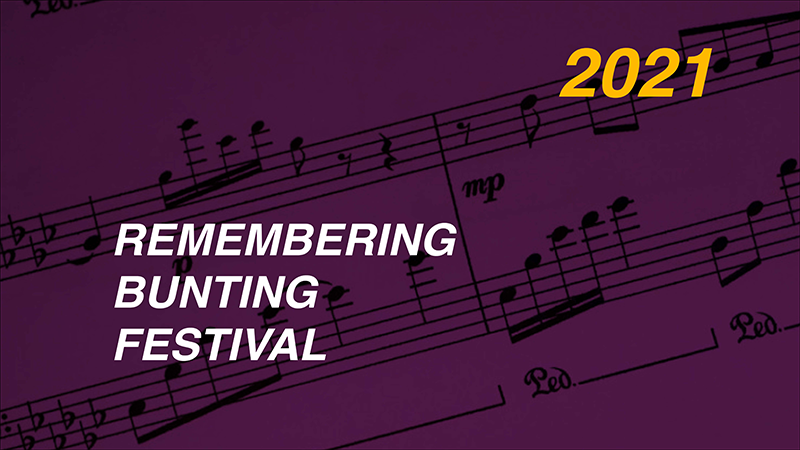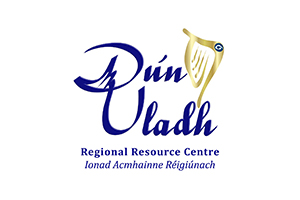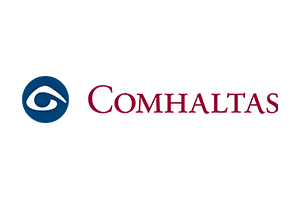In this conversation, Dr. Catherine Morris is joined by Maura and Dáibhí to discuss how Charlotte Milligan Fox and Alice Milligan discovered the lost manuscripts of Edward Bunting. Reflecting on the cultural landscape in which the Belfast Harp Festival took place in the 1790s, they will explore the Irish cultural revival in which this lost music found a new resonance a hundred years later. Drawing on their different expertise in music, history and literature, they will consider the essential role of public libraries in sustaining and promoting parity of esteem in education, Irish language learning, cultural activism and in sustaining an archive for generations to come.
Maura Ó Cróinín
Maura is a founding member of Galway Early Music and is current chair and programme director. She is also a member of the Historical Harp Society of Ireland. She has an MPhil in Medieval Studies from University College Dublin. She plays recorder and historical harps (medieval bray and early Irish harp) and works on the Galway Early Music Festival and also practices graphic design.
Daibhi Ó Cróinín
Dáibhí Ó Cróinín was a lecturer in early medieval history at NUI Galway from 1980 until his retirement in 2019. In addition to the early medieval history of Ireland and Europe, Dáibhí also has an interest in the folk songs and traditional music of Ireland. His book, Elizabeth Cronin, Irish Traditional Singer, is a collection of the words, music, and recordings of over 200 songs collected from his well-known grandmother, ‘the Muskerry, Queen of Song’ (as Seamus Ennis called her). His interest in the cultural revival of the late 19thand early 20thcenturies was sparked by the fact that so many of the people involved in this revival researched and wrote on the medieval heritage of Ireland. He has written on the letters between Alice Stopford Green and Francis Biggar.





